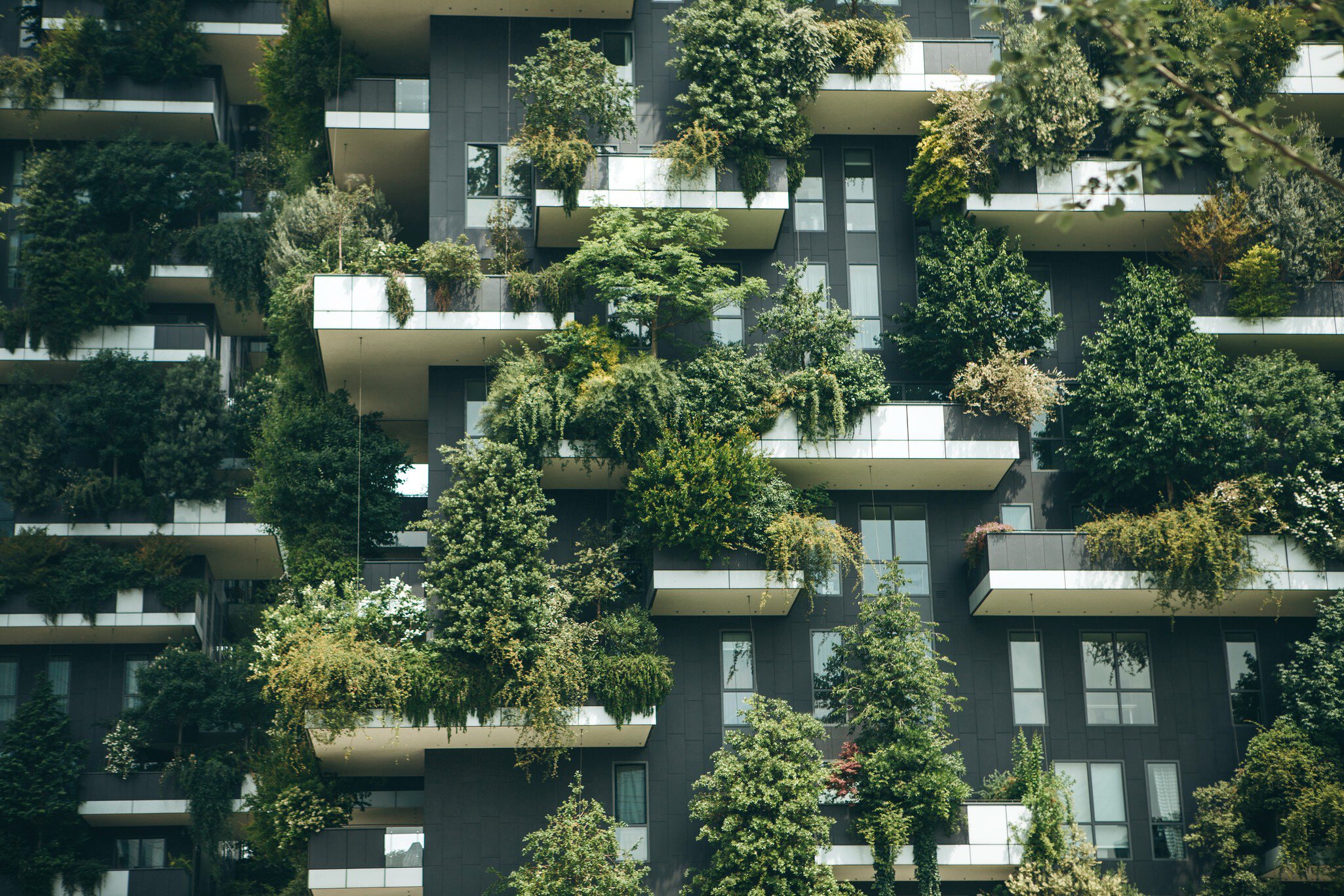Challenge of climate change

Find out more about the topics of the world's leading trade fair for architecture, materials and systems.

The key themes of BAU 2027 will be available here in spring 2026.
In a changing world, resilient urban districts and sustainable architecture are becoming key strategies for effectively tackling the challenges of climate change. Future architectures require us to think holistically.

The demands on space and its use are constantly increasing and lead to conflicts of objectives between the various uses. It is therefore important to plan ahead today for tomorrow. For the city and the urban district, for the countryside and the space in between.

Our finite resources require a rethink in all areas, whether this means using environmentally friendly materials and raw materials, or reducing the emissions and energy intensity of traditional building materials through new production processes.

Rising construction prices and the increasing housing shortage require measures to increase productivity. Digital tools such as the digital twin, artificial intelligence and robotics can help here. However, serial and modular construction methods with industrially prefabricated components are also becoming increasingly important again.

Just as construction must be viewed as an integrated, holistic system, the parameters for cost-effectiveness and therefore cost efficiency are also multifaceted. It is worth thinking outside the box and optimizing your own scope for action.

A variety of factors influence the development of the construction industry, create changing market conditions and demand creative solutions from market participants.
These dynamic developments are reflected in BAU's changing key themes. The key themes of BAU 2023 are still relevant—read more in the archive below.
Challenge of climate change

Digital transformation

Homes of the future

Resources & recycling

Subscribe to the newsletter and stay up to date with regular news from the construction industry.